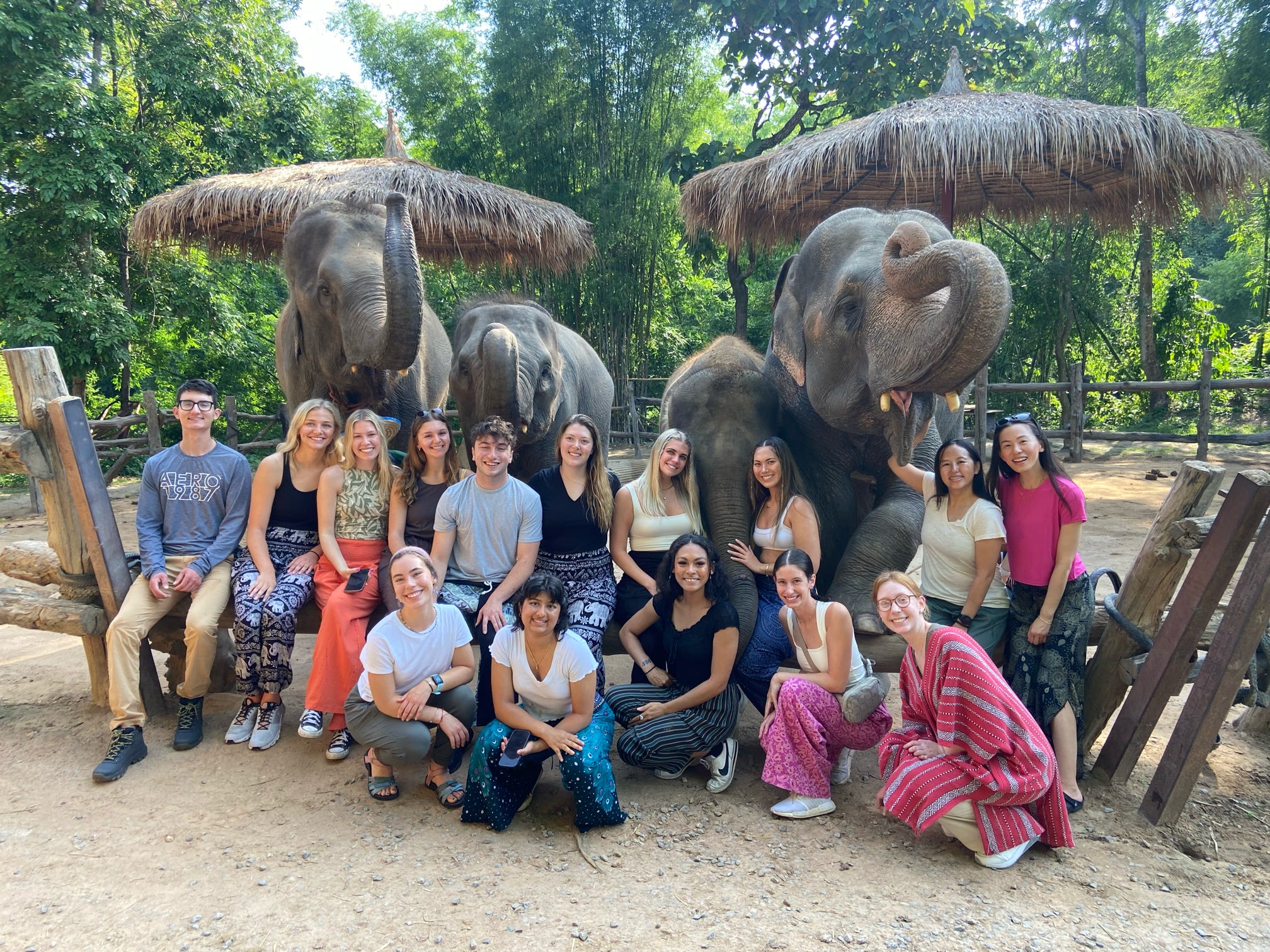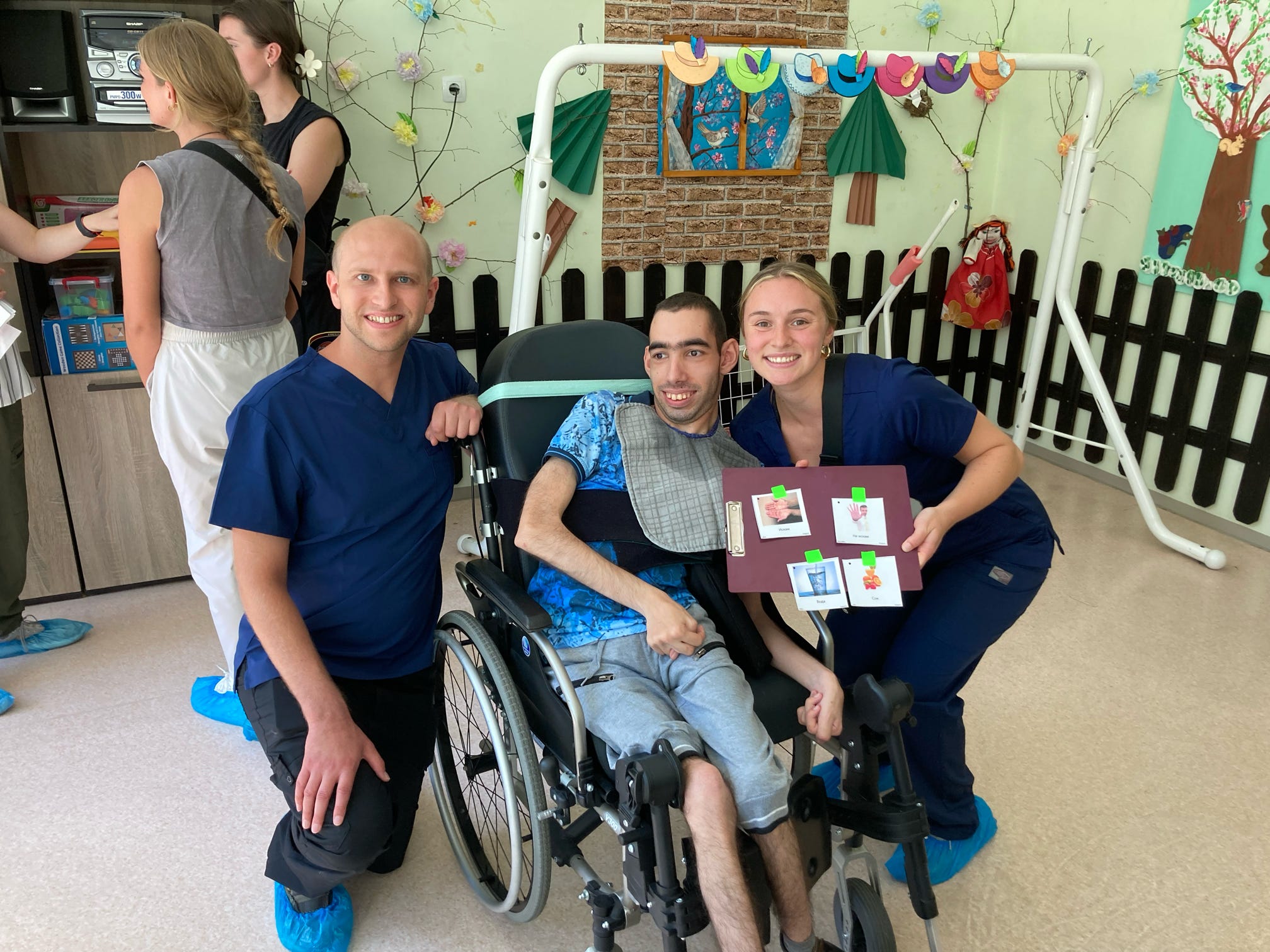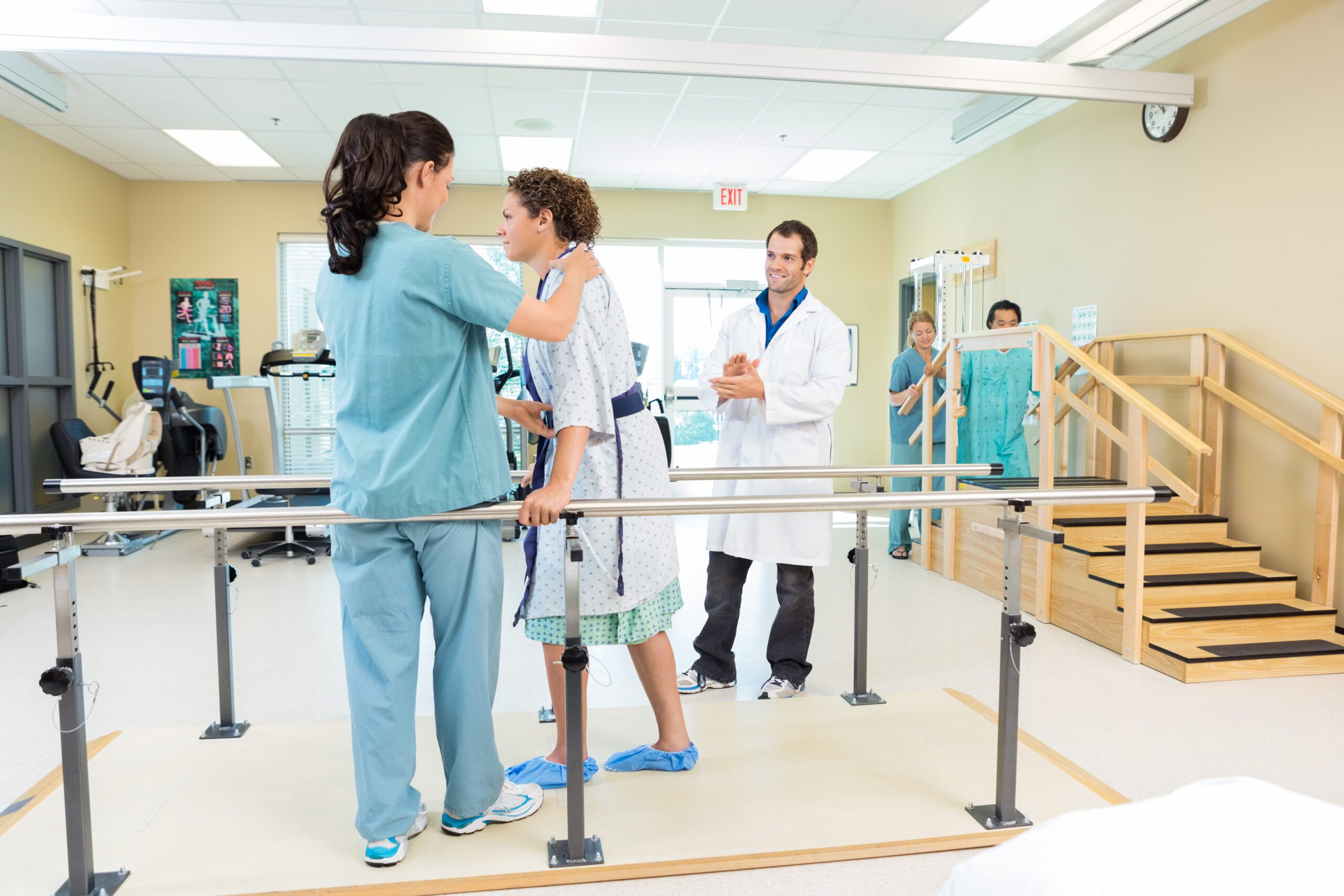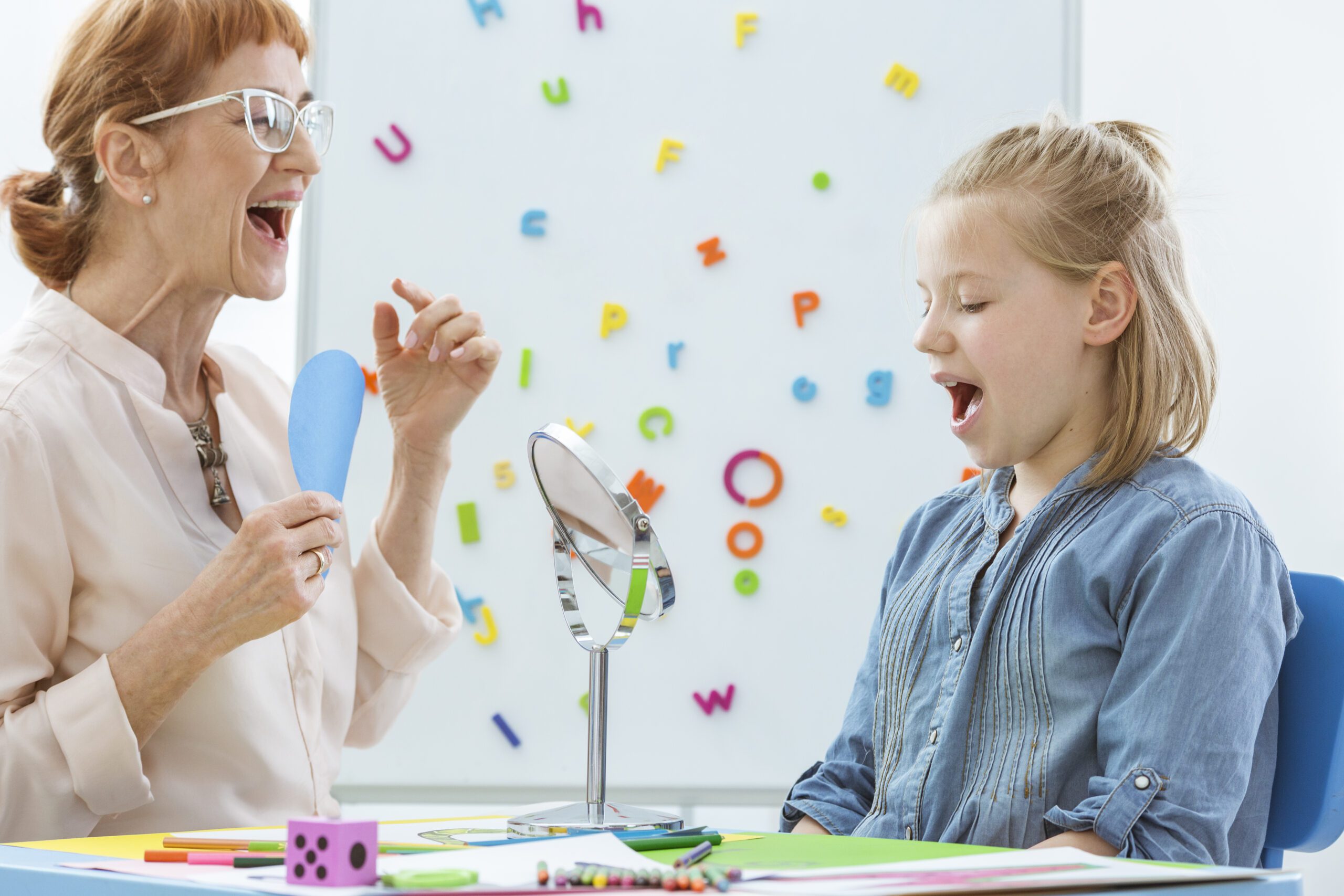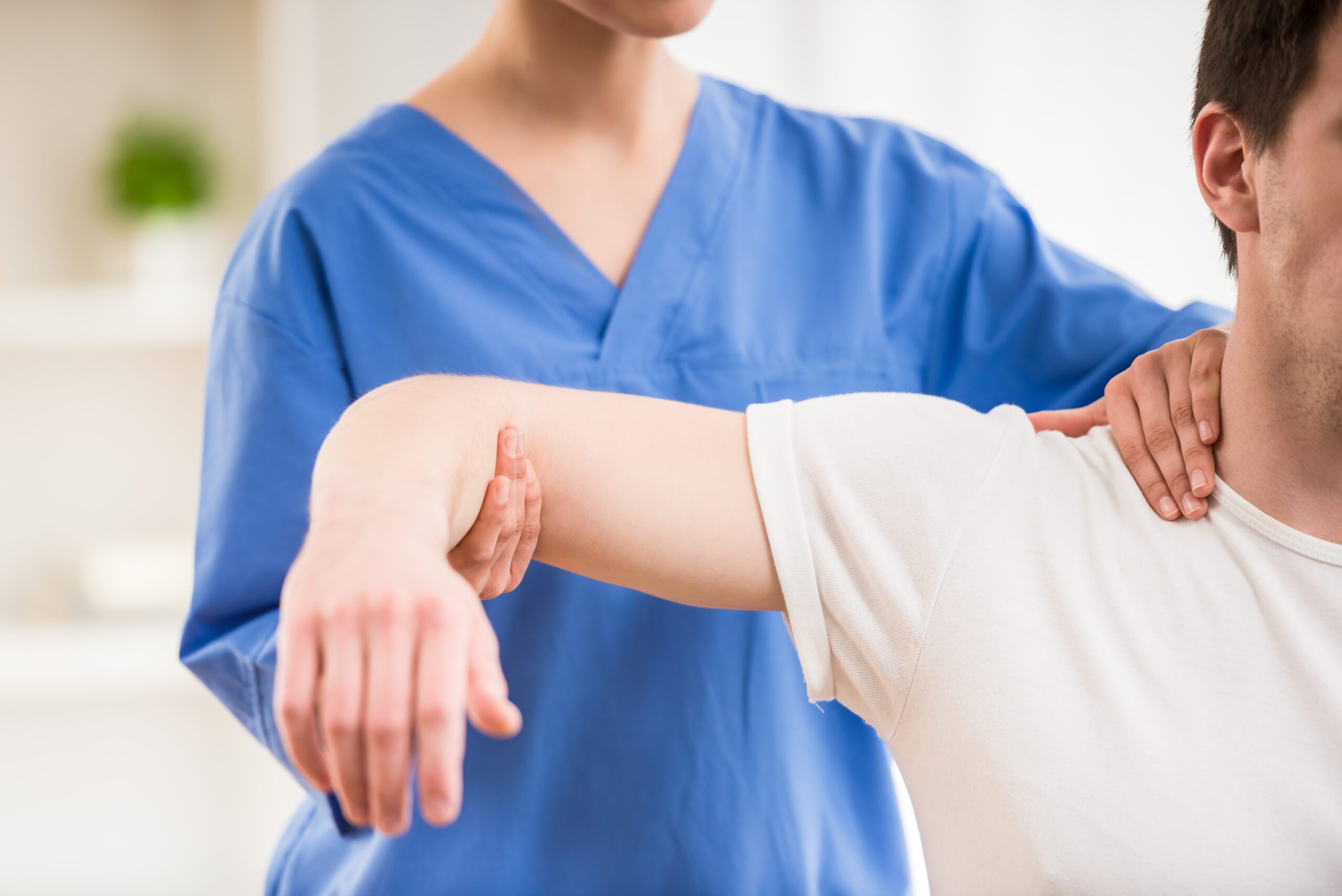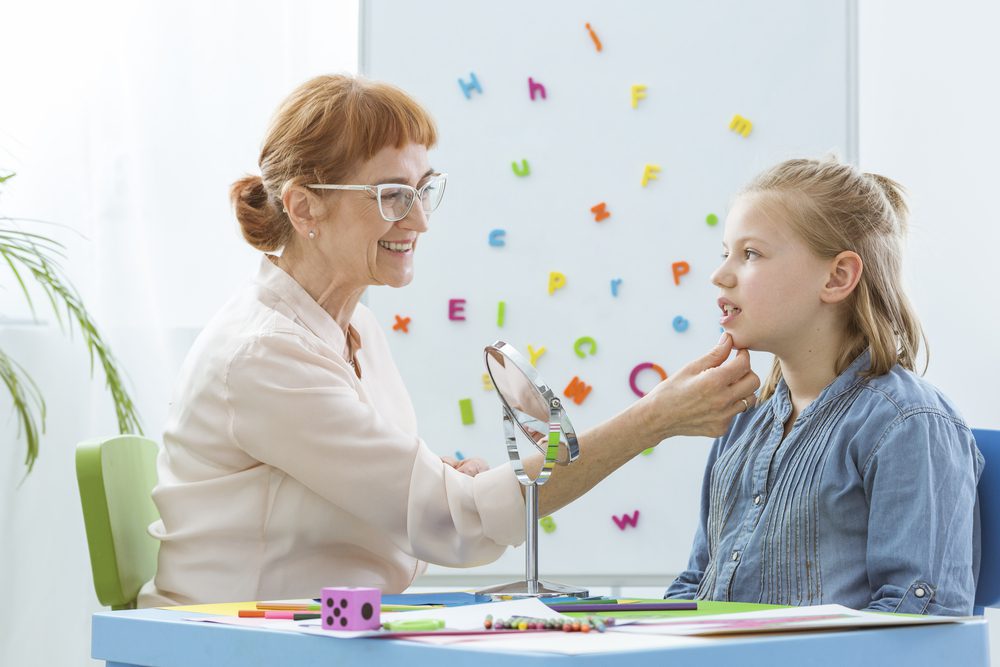Implementing Low-Tech AAC for Adult with Cerebral Palsy in Bulgaria
Presented by Isabelle Snyder and Michaela Armanini Shared at the Pennsylvania Speech-Language-Hearing Association Convention
Therapy Abroad alumni, Isabelle Snyder and Michaela Armanini, from PennWest Clarion University recently presented their research at this year’s Pennsylvania-Speech- Language-Hearing Association (PSHA) Convention. The highlighted research discusses “Implementing Low-Tech AAC for Adult with Cerebral Palsy in Bulgaria,” in which they completed in-country observation and implementation during a custom university program in July 2023.
In collaboration with their clinical supervisor, Lauren Vaughan M.A. CCC-SLP, they determined a patient on their program was a potential candidate for Augmentative and Alternative Communication (AAC).
“It is easy for others to read about facts, while hearing and seeing a true story makes it more impactful.”
The selected patient made them realize the great need for AAC education and implementation in countries such as Bulgaria. Their clinical experiences “creating a low-tech AAC device” along with the “facility’s interest in learning more about AAC” encouraged their research on the use of these systems in low- and middle- income countries. They hoped to spread more awareness through presentations at Research at the Capital and at the PSHA Convention.
Their research focuses on low-tech AAC options with consideration for iconicity, vocabulary, and language. Through Therapy Abroad they implemented these devices in Bulgaria, “where other communicative modalities are not as accessible” so “non-speaking individuals can obtain autonomy and quality of life they deserve.” Using a combination of transparent and opaque flashcards with the help of an interpreter, Isabelle and Michaela conducted several trials. Their results revealed the “low-tech AAC device was appropriate for this candidate” as high-tech options “are not available at this time.”
Isabella and Michaela shared that “watching this patient smile and move his arms in an excited manner as he recieved the AAC was an incredible memory.” They were rewarded with knowing that they helped the individual “to make his own choices.” They continue to reminisce on their program with Therapy Abroad as they remember his love for music and dancing alongside them.
The student alumni hope they have an opportunity in the future to trial different and more complex AAC systems to determine which would best suit this client and his caregivers. They state that “it would have been incredible to trial more complex systems” that may include “an eye-gaze or speech- generating device.”



